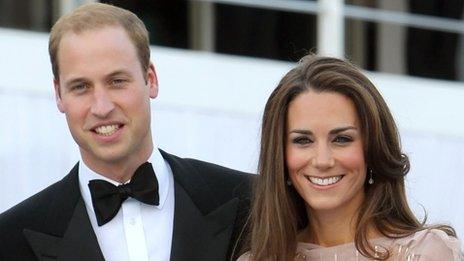Royal pregnancy: Hoax call fools Duchess of Cambridge hospital
- Published
Hospital 'regrets' Kate hoax call
The hospital treating the pregnant Duchess of Cambridge says it "deeply regrets" giving information about her to hoax callers from a radio station.
Australian DJs posing as the Queen and Prince Charles got details from a nurse at King Edward VII hospital in central London.
The hospital said confidentiality was taken seriously and telephone protocols are under review.
2Day FM said it was surprised to be put through but "sincerely apologises".
Prince William and Catherine's sister Pippa and brother James visited her in hospital.
The prince has been a daily visitor since Catherine was admitted with acute morning sickness - hyperemesis gravidarum - on Monday.
'Foolish prank'
A spokesman for William and Catherine said he would be making no comment on the hoax call.
Two presenters on the Sydney-based radio station are reported to have convinced staff they were the royals, were connected to the duchess's private nurse in the early hours of Tuesday morning and given an update on her condition.
Someone was also heard to be making barking sounds in the background to mimic what the presenters said were the Queen's corgis.
A hospital spokesman said: "This call was transferred through to a ward and a short conversation was held with one of the nursing staff. King Edward VII's Hospital deeply regrets this incident."
John Lofthouse, the hospital's chief executive, said: "This was a foolish prank call that we all deplore."
He later filmed a video message in which he stated the incident was "technically... a breach of patient confidentiality" although the information given to the hoaxers was "already in the public domain".
The Queen, Duke of Edinburgh and Duchess of Cornwall have all been treated at the private hospital over the years.
And the Royal Family has been the target of hoax callers before.
In 1995 Canadian DJ Pierre Brassard, pretending to be Canadian Prime Minister Jean Chretien, was put through to the Queen when she was at Buckingham Palace.
In a statement, 2Day FM said it "sincerely apologises for any inconvenience caused by the inquiry".
It added: "The radio segment was done with the best intentions, we're glad to hear Kate is doing well and we wish her all the best."
The presenters behind the call, Mel Grieg and Michael Christian, said: "We were very surprised that our call was put through, we thought we'd be hung up on as soon as they heard our terrible accents.
"We're very sorry if we've caused any issues and we're glad to hear that Kate is doing well."
BBC royal correspondent Peter Hunt said the hospital insisted there was no chance of the callers getting through to Catherine herself.
'Amazing year'
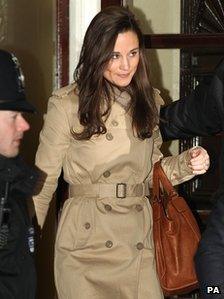
Pippa Middleton visited her sister in hospital
The duchess is thought to be less than 12 weeks pregnant.
In a statement on Tuesday evening, a St James's Palace spokesman said: "The Duchess of Cambridge is continuing to feel better. She and the Duke are immensely grateful for the good wishes they have received. She will remain in hospital at present."
Meanwhile, the Earl and Countess of Wessex have said they are "thrilled" by news of the pregnancy.
Sophie described it as the "perfect end to an amazing year" in which the Queen celebrated her Diamond Jubilee while Prince Edward said he had "deep sympathy" for the duchess as her treatment continued.
Prime Minister David Cameron began his weekly Prime Minister's Questions by congratulating the Royal couple on the news they are expecting a baby.
The Church of England has also published a prayer, external for the Duke and Duchess of Cambridge.
The announcement came as Commonwealth realms agreed to press ahead with a bill ending discrimination against women in the succession to the British throne.
The Earl and Countess of Wessex say they are "thrilled" about the royal pregnancy
It means William and Catherine's first child will become monarch, whether a boy or a girl.
The legislation was agreed in principle at the Commonwealth heads of government meeting in Perth, Australia in October 2011.
Since then, the government of New Zealand has been gathering letters of consent from the 15 realms of the Commonwealth, that have the Queen as their head of state.
The succession bill will require amendments to some of Britain's key constitutional documents, including the Bill of Rights and Coronation Oath Act of 1688, the 1701 Act of Settlement and the 1707 Act of Union between Scotland and England.
Update 7 December 2012: This page has been edited to remove the audio of the phone call.
- Published4 December 2012
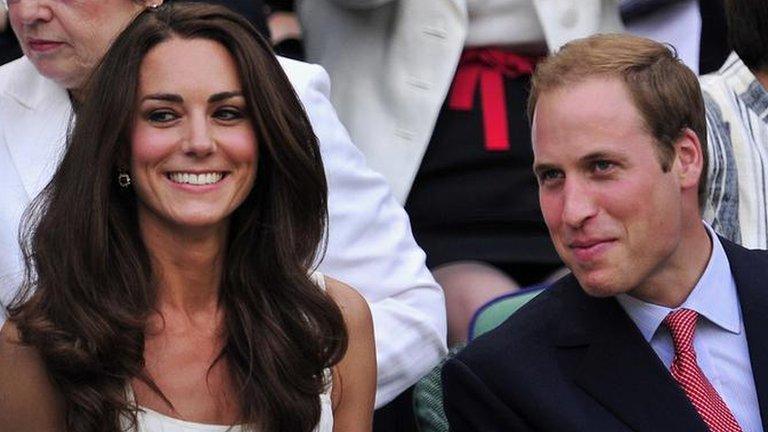
- Published3 December 2012
- Published5 December 2012
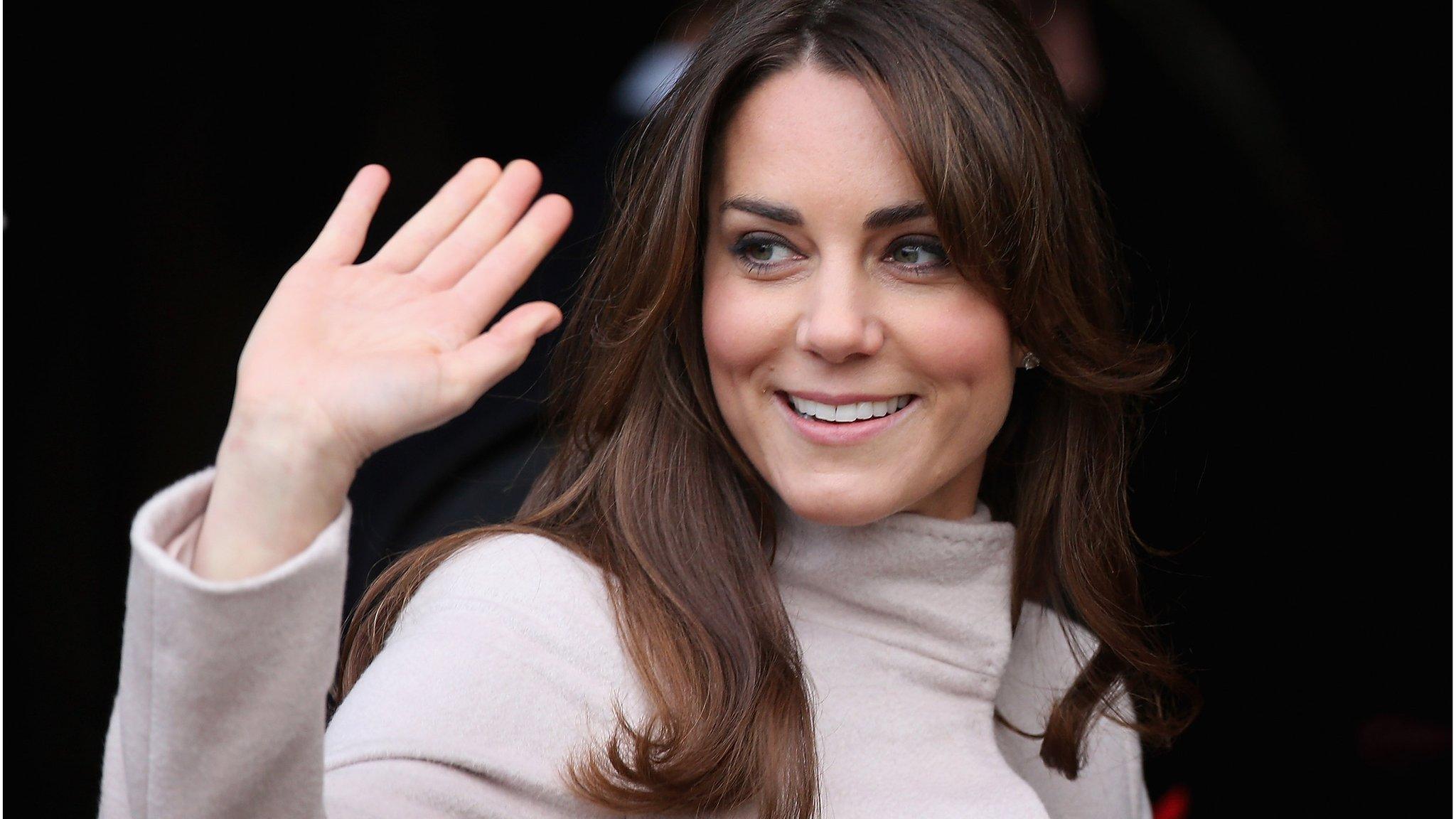
- Published4 December 2012
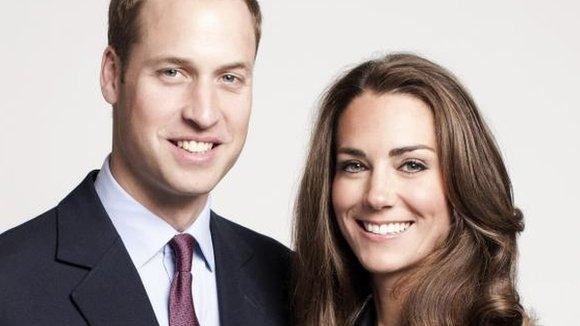
- Published4 December 2012
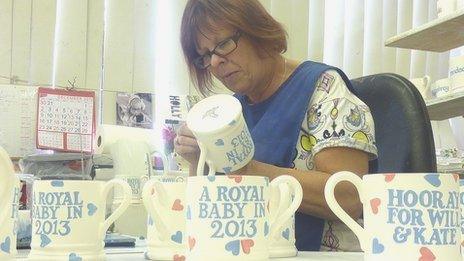
- Published8 September 2014
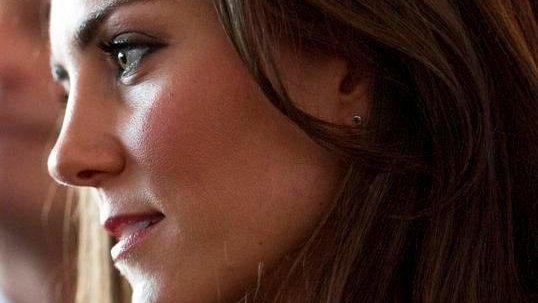
- Published1 May 2016
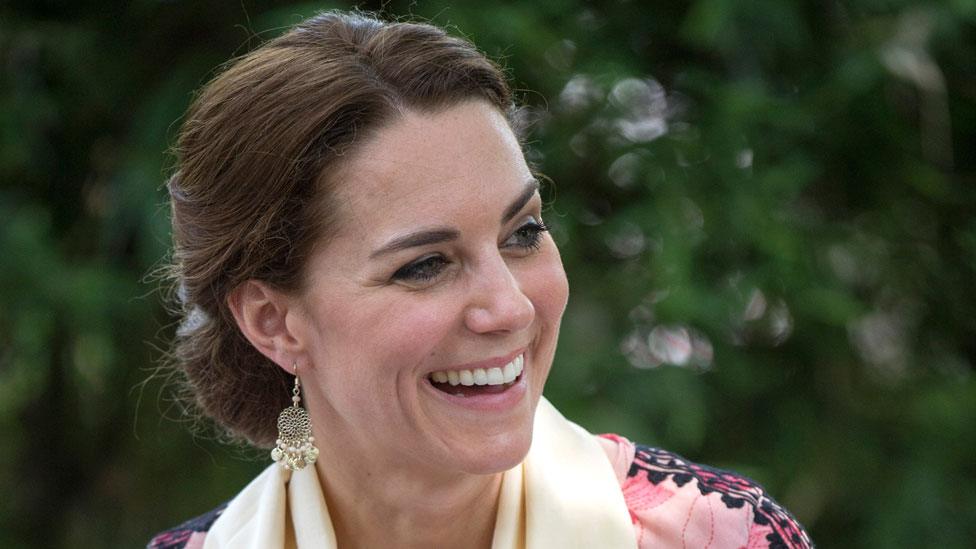
- Published28 October 2011
